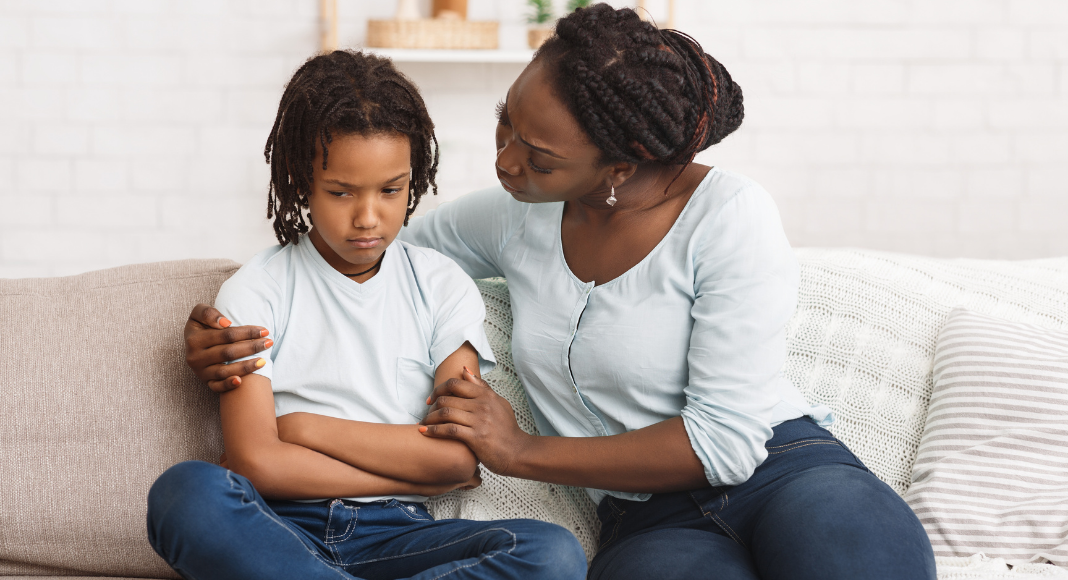 “Say sorry!”
“Say sorry!”
It’s a common phrase we say to children, but how often do we say it to ourselves? We expect our kids to constantly be aware of wrongdoings and be ready, willing, and able to apologize. Sometimes rightfully so, sometimes not. It’s usually only when someone else has pointed out the misstep, and then we encourage a swift and mandatory “I’m sorry” so that we can simply move on.
Rather than being an order that’s simply carried out, we should [all] think a bit more about what it means to say “sorry.” Like many important life skills, this one should be modeled and not dictated. So I ask you, as an adult or parent, can you admit when you’re wrong? Can you acknowledge it and own up to it and move through it? Do you do this secretly or out in the open? Are we creating shame around admitting when you’re wrong?
How often do we model what it looks like to truly say “I’m sorry” in a non-performative way?
“I’m sorry” often becomes a means of placating others, the necessary step between some offense you’ve committed and your ability to move on. It’s far more meaningful and powerful than that, but only if we’re doing it deliberately and sincerely.
I apologize to my kids and admit mistakes often. It reminds me of the scene from Matilda where Danny DeVito’s character declares, “I’m smart, you’re dumb, I’m big, you’re little, I’m right, you’re wrong, and there’s nothing you can do about it!” The idea that we’re the parents, we’re always right, is completely false. Also, it strips away a child’s ability to see their parents (and possibly themselves) as humans who are capable of faltering.
Assumptions about who has the answers and who knows best, without ever getting curious to see if that’s truly the case, can squash the inhibition needed to try new things and make our own discoveries.
Mistakes, missteps, and lapses in judgment all happen for various reasons and with a wide range of implications. Whatever it is, I think the real magic lies in the “what’s next piece,” the part of acknowledgment and apology and how you get there.
It requires two things – the ability to set aside your ego and to be self-reflective. You have to be curious about and aware of your behavior. You have to be looking at and thinking about what you do and why you do it, not from a place of justification or defending, but from a place of curiosity. “Was that the best way to handle that situation?” “Was I being the best version of myself in that interaction?”
In order to answer those questions honestly, you have to drop a bit of your ego. You have to be able to see a situation, the implications, and the impact, from all the perspectives. It can’t be all about you if you’re really being curious and truly being aware.
You don’t always have to be right. You don’t always have to be perfect. No one expects this of you (or at least they shouldn’t), and we shouldn’t be expecting it from others, especially not our children.
I know it looks like for me to apologize. To see a situation a bit more clearly and wish I’d done or said something different. I know what it feels like to realize I was wrong or misspoke. Say sorry when you mean it, try to do better, and adjust.
We all get to decide what we do and say in the face of our own bad behavior. Let’s try not to emulate Harry Wormwood (Matilda’s dad).




















